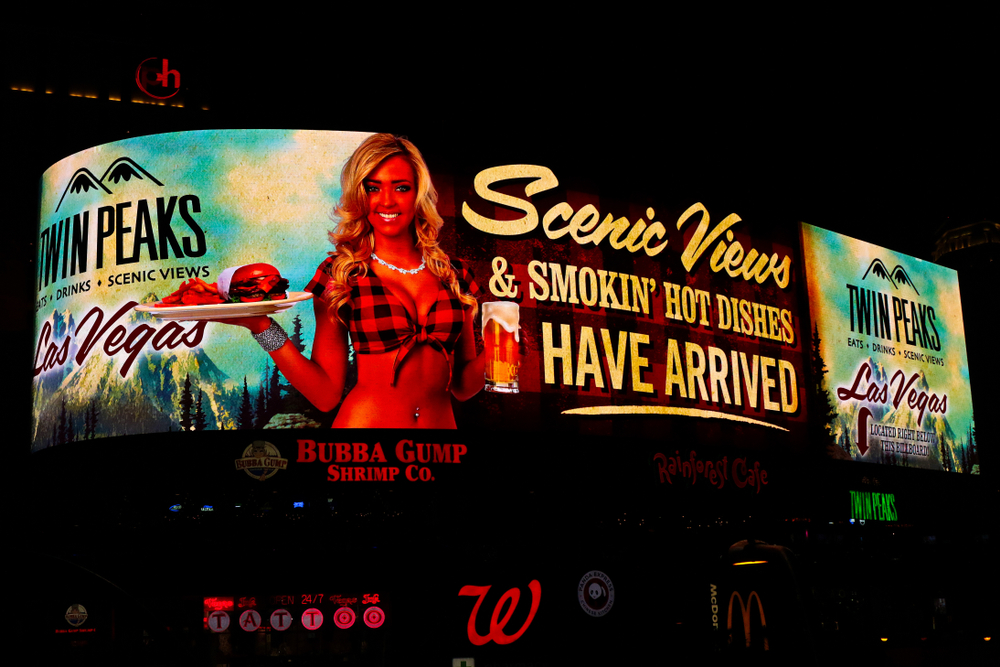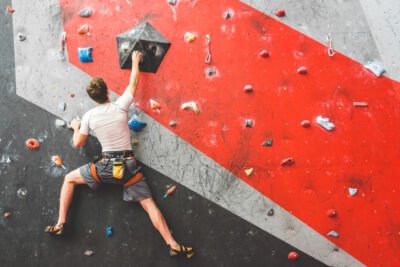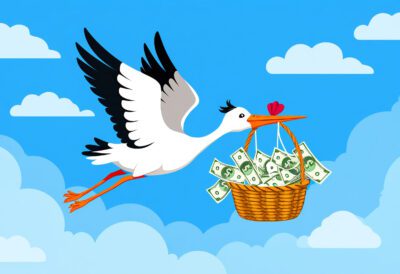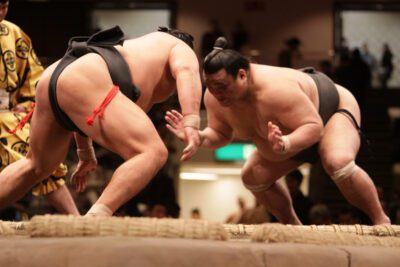Bill Hornbuckle may disagree. And as boss of the biggest beast on the storied Strip he’s got powerful reasons to counter negative narratives. But the so-called Trump Slump–supercharged by harsh anti-migrant rhetoric and tough, invasive border controls–is beginning to have a major impact on Las Vegas, the world’s top pleasure palace.
Blue and white-collar tourists and punters, increasingly, are not packing their shades, loud Hawaiian shirts and rolls of hard-earned greenbacks to visit fabled Sin City.
They’re leaving Las Vegas to the Whales, heavy-hitters and high-end beneficiaries of the booming crypto and virtual U.S. economy.
Across all key metrics, numbers of visitors, arriving by air, road and train; hotel bookings, food spend, tipping the army of casino and hospitality workers, the stats are down, down, down.
Supported by recent fiscals showing record Net Revenue of US$4.4 billion (£3.23bn) in Q2, Hornbuckle, CEO, President, Lord and Master of MGM Resorts International–which operates a dozen establishments on The Strip alone–counters the bad vibes with bracing positivity.
MGM shares are up by some 15 percent since Mr Trump took presidential office for the second time and unleashed the full power of the federal Immigration and Customs Enforcement agency, ICE – not to be confused with the annual iGaming lovefest now held in Barcelona every January.
Viva Vegas
“Vegas is not done or dead,” Hornbuckle asserted at a Bank of America investment forum in New York City last week.
“[It is] principal to who and what we are. [And] I think it’s served us well through a very difficult summer.
“But for us, it’s really about diversification of the business.”

Yet, as Autumn approaches, Vegas visitor numbers are down for the second straight month in a row.
Citing “persistent economic uncertainty” and “weaker consumer confidence”, the Las Vegas Convention and Visitors Authority (LVCVA) has reported that visitor volume was down by 7.3 percent in the first half of this year, compared to H1 2024.
Over this same period Hotel Occupancy was down 2.1 percent; Average Daily Room Rate fell 5.5 percent to US$185.24 (£137.62); Revenue Per Available Room slumped 7.8 percent to US$151.90 (£112.90) and air passenger numbers dropped 4.1 percent to 27,656,335 travellers.
Visitor numbers from main visitor markets Canada and Mexico–the two nations hit hardest by Trump tariffs and chauvinism–were, and are, down by the most significant margins.
So much so that LVCVA officials travelled to Canada last month in a bid to repair the damaged relations with Vegas’s largest international feeder market.
“A portion of our friends in Canada are not happy with us right now,” concedes LVCVA CEO Steve Hill.
“We want them to come back, but we understand they may not be ready to do that.”
New Business Model
A new business model of “fewer people, more money” seems to be emerging in the desert city.
For, despite the falling tourism metrics, Gross Gaming Revenue (GGR) in Nevada has increased, with the Nevada Gaming Control Board reporting GGR of US$1.35 billion (£994.4m) in July, up four percent, year-on-year.
And GGR on the Vegas Strip was up 5.6 percent to US$749 million (£551.76m) in July.
“Las Vegas is still the entertainment capital of the world,” affirms LVCVA leader Hill. “We’re all confident in the future of this city.”

But it’s a future built on a non-gambling financial stream.
“It’s a complete flip from the beginning of Las Vegas up until the early ‘90s,” Corey Levitan, a journalist and Vegas analyst told iGamingFuture.
“An estimated 75 percent of Las Vegas revenue is coming from non-direct gambling. Gambling revenue isn’t good enough to sustain Vegas Strip casinos anymore, because they now rely so much more on other revenue.”
The new normal has emerged in tandem with what can only be described as a growing uptick in so-called “nickel and diming”, says Levitan.
“Some MGM resorts [are] charging US$25 for silverware and napkins, [while] the Flamingo is charging a US$60 early check-in fee. And a small bottle of Fiji water was US$26 in the minibar at Aria.”
Bellwether
Las Vegas has always been a bellwether of the U.S. economy.
When the economy is strong, and workers have disposable income, Vegas prospers. When money is tight, the reverse holds true.
Nevada and its huge casino and hospitality workforce voted overwhelmingly for a Trump presidency. Now many workers are beginning to regret that decision.
The Vegas downturn has hit workers of all stripes, from hotel staff to tattoo artists.
Ted Pappageorge, Secretary-Treasurer of Las Vegas’s 60,000-member Culinary Workers Union, says:
“The lifeblood of Las Vegas is Southern California. What folks are telling our members is that the [ICE immigration] raids and crazy tariffs and this uncertainty [are causing] people to pull back.”
“If you tell the whole world that they’re not welcome, they’re not going to come.
“Many of my members depend on tips for a major part of their income. But tips are down by 50 percent for some of them.
“Unless there’s a course correction here, we could be in for some significant lay-offs.
“The Trump slump is here in Vegas.”




